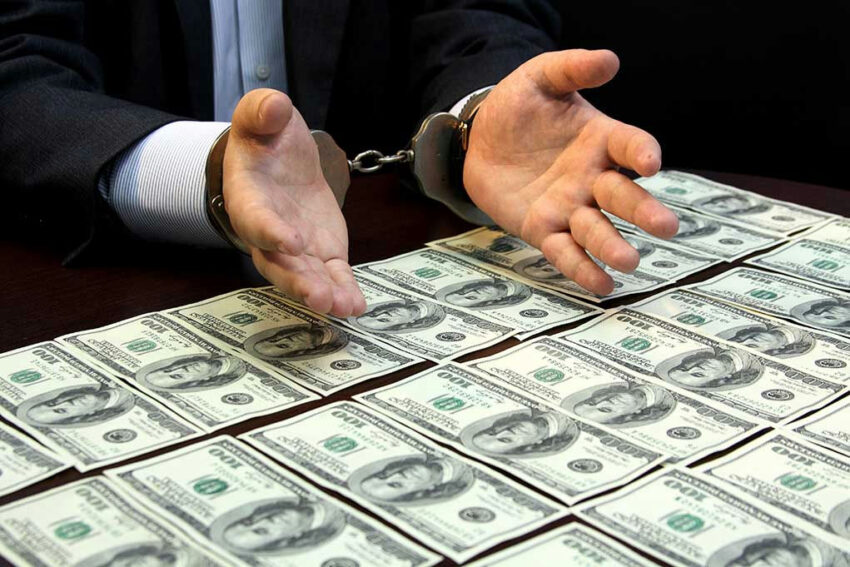A new scandal threatens the Vatican’s financial integrity, prompting scrutiny over alleged money laundering practices.
Allegations of Financial Misconduct
Libero Milone, the former chief auditor of the Vatican, has made startling allegations against the Holy See’s financial operations. He claims that the Vatican’s payroll system could alter transaction details post-execution, potentially enabling money laundering activities by masking the identities of those involved. This accusation, if true, suggests a severe breach of anti-fraud protocols, raising questions about the integrity of the Vatican’s financial practices.
The Vatican has categorically denied these allegations, emphasizing its ongoing reforms and cooperation with international regulators. The Holy See’s financial watchdog, ASIF, reported progress in identifying and handling suspicious transactions, yet the allegations against their payroll system remain unverified. Experts have expressed skepticism about the technical possibility of Milone’s claims, stating that such post-transaction alterations are implausible on standard banking systems.
Historical Context and Reforms
The Vatican has been under intense scrutiny from international bodies like Moneyval, which assesses anti-money laundering measures. Despite significant reforms since 2019, including enhanced reporting and freezing of suspicious activities, past financial controversies continue to shadow the Holy See. The reforms reportedly aim to improve transparency and international cooperation, but the allegations of systemic manipulation by Milone, who was ousted in 2017, bring these efforts into question.
Milone’s claims have resurfaced historical tensions within the Vatican’s governance, suggesting that his removal may have been retaliatory. The Vatican leadership, however, maintains that their reforms are robust and effective, and they aim to uphold institutional integrity while avoiding any potential diplomatic fallout.
Potential Implications and Future Outlook
Should Milone’s allegations be substantiated, it could lead to severe consequences for the Vatican, including potential downgrades by Moneyval, increased scrutiny from correspondent banks, and reputational damage. Conversely, if disproven, the Vatican may still face pressure to enhance transparency and seek third-party verification of their internal controls to regain trust.
This controversy highlights the critical need for immutable payment messaging and rigorous change control within financial systems, especially for sovereign entities like the Vatican. As the situation unfolds, it may serve as a precedent in anti-money laundering supervision, influencing how similar cases are handled globally.
Sources:
European Anti-Money Laundering Watchdog Starts Inspecting the Vatican
Politico: Vatican under fire for alleged money-laundering dodge
Click this link for the original source of this article.
Author: Editorial Team
This content is courtesy of, and owned and copyrighted by, https://ourpatriot.com and its author. This content is made available by use of the public RSS feed offered by the host site and is used for educational purposes only. If you are the author or represent the host site and would like this content removed now and in the future, please contact USSANews.com using the email address in the Contact page found in the website menu.





